Understanding Clomid Courses
Clomid courses are a significant aspect of fertility treatment for women experiencing difficulties in conceiving. Clomiphene citrate, commonly known as Clomid, is a medication that stimulates ovulation and is often prescribed as part of infertility management.
What Are Clomid Courses?
Clomid courses typically refer to the regimen followed by women taking this medication. The course usually lasts for several cycles, with specific dosages and timing to optimize the chances of conception.
How Clomid Works
Clomid works by blocking estrogen receptors in the hypothalamus, stimulating the release of hormones that promote ovulation. This process is crucial for women who may not be ovulating regularly. The primary goal of Clomid courses is to induce ovulation and increase the likelihood of pregnancy.
Typical Clomid Course Structure
- Initial Clomid Consultation: A healthcare provider evaluates the patient’s overall health and fertility factors.
- Medication Dosage: Usually starts at 50 mg per day for five days, beginning on day 3, 4, or 5 of the menstrual cycle.
- Monitoring: Patients undergo ultrasounds and blood tests to monitor the response to the medication and track ovulation.
- Cycle Length: Treatment can continue for up to six cycles, depending on individual responses and medical advice.
- Assessment: At the end of each cycle, the effectiveness is evaluated, and adjustments may be made if necessary.
Side Effects of Clomid
While many women tolerate Clomid well, some may experience side effects, including:
- Hot flashes
- Mood swings
- Nausea
- Headaches
- Visual disturbances
FAQs About Clomid Courses
1. Who should consider Clomid courses?
Women with irregular ovulation, polycystic ovary syndrome (PCOS), or unexplained infertility may benefit from Clomid courses.
2. How effective are Clomid courses?
Approximately 80% of women will ovulate after completing a Clomid course, and around 40% may achieve pregnancy within six cycles.
3. Are there any risks associated with Clomid courses?
Potential risks include multiple pregnancies, ovarian hyperstimulation syndrome (OHSS), and adverse reactions. Discussing these with a healthcare provider is essential.
4. Can Clomid be used for men?
Though primarily prescribed for women, Clomid can occasionally be used off-label for men with hormonal imbalances affecting fertility.
Conclusion
Understanding Clomid courses is vital for women seeking to enhance their fertility through ovulation induction. By following the prescribed regimen and working closely with healthcare providers, many women find success in their journey toward conception.
